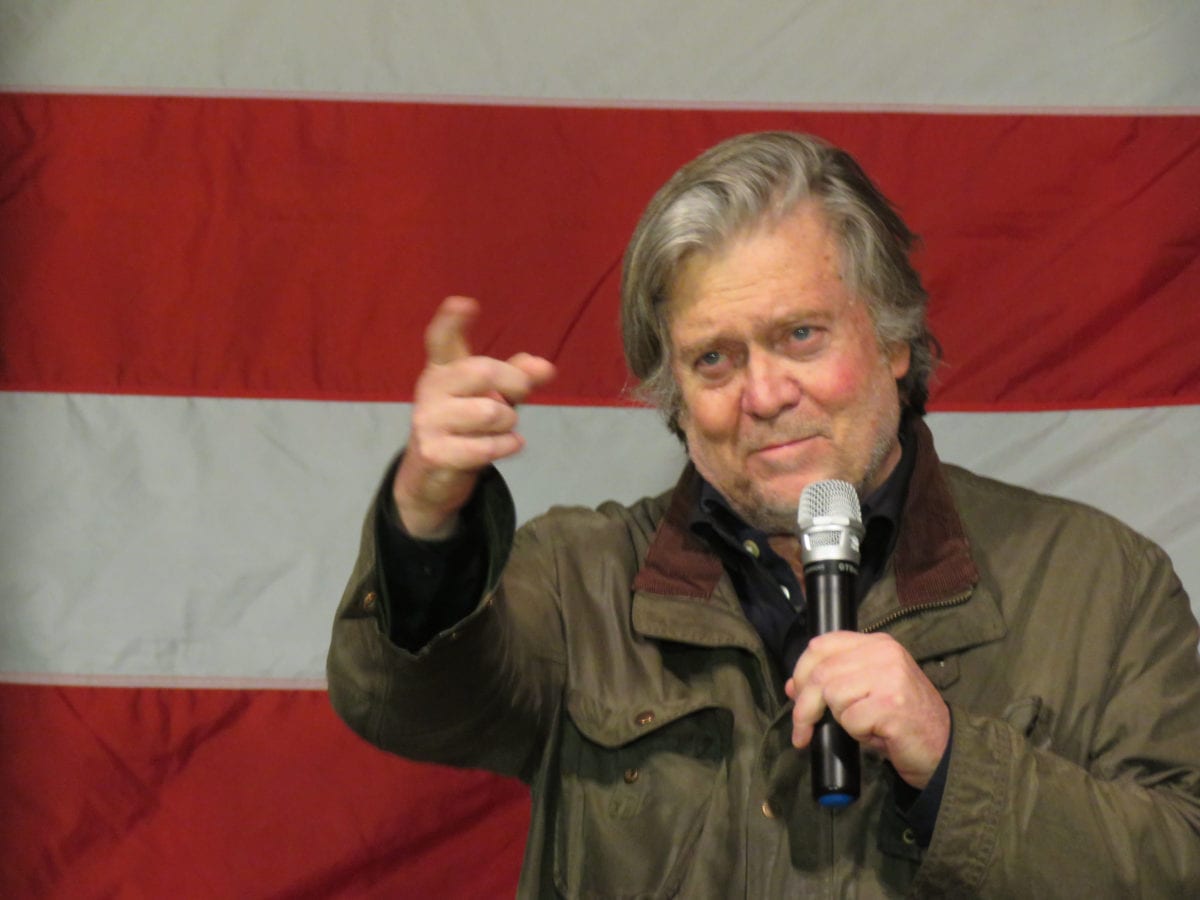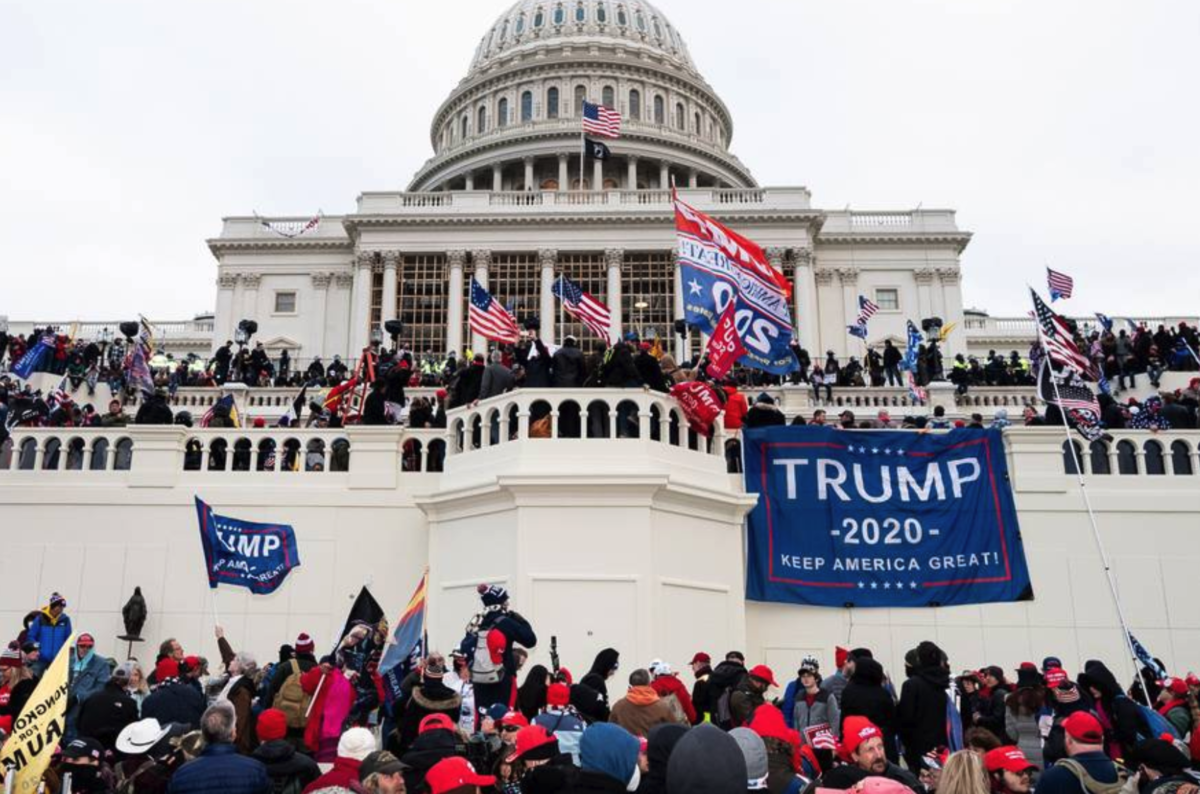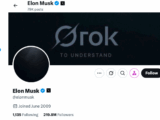By Glynn Wilson –
If justice was indeed blind and fair in all cases, Donald Trump would be standing trial today for his crimes against the United States Constitution and American democracy, not running for president again as a major party’s nominee.
New evidence disclosed in a court brief made public on Wednesday by Federal District Judge Tanya S. Chutkan filed by Jack Smith, the special counsel investigating Trump for plotting to overturn the 2020 election, provides details to the already extensive record of how Trump lost the 2020 election yet attempted to cling to power in a number of illegal ways.
In the introduction to the 165-page brief, Smith says Trump “asserts that he is immune from prosecution for his criminal scheme to overturn the 2020 presidential election because, he claims, it entailed official conduct. Not so.”
Although the defendant was the incumbent President during the charged conspiracies, the brief states, “his scheme was fundamentally a private one. Working with a team of private co-conspirators, the defendant acted as a candidate when he pursued multiple criminal means to disrupt, through fraud and deceit, the government function by which votes are collected and counted — a function in which the defendant, as President, had no official role.”
In Trump v. United States, the conservative Supreme Court by a 6-3 majority, including judges Trump appointed himself with no recusals, held that presidents are immune from prosecution for certain official conduct. They included the defendant’s use of the Justice Department “in furtherance of his scheme, as was alleged in the original indictment.”
The nation’s highest court remanded the case back to the federal district court to determine whether the remaining allegations against the defendant are immunized.
“The answer to that question is no,” Smith’s brief asserts. “This motion provides a comprehensive account of the defendant’s private criminal conduct; sets forth the legal framework created by Trump for resolving immunity claims; applies that framework to establish that none of the defendant’s charged conduct is immunized because it either was unofficial or any presumptive immunity is rebutted; and requests the relief the Government seeks, which is, at bottom, this: that the Court determine that the defendant must stand trial for his private crimes as would any other citizen.”
The brief was unsealed three months after the Supreme Court’s corrupt immunity ruling, less than five weeks before Election Day on Nov. 5, and one day after Trump’s running mate, Senator JD Vance of Ohio, declined to admit that Trump lost in 2020 during the vice-presidential debate.
The Evidence
When told by an aide that Vice President Mike Pence was in peril as the rioting on Capitol Hill escalated on Jan. 6, 2021, watching it on TV in the Oval Office dining room, President Donald Trump replied, “So what?”
When one of his lawyers told him that his false claims that the election had been marred by widespread fraud would not hold up in court, Trump responded, “The details don’t matter.”
On a flight with Trump and his family after the election, an Oval Office assistant heard Trump say: “It doesn’t matter if you won or lost the election. You still have to fight like hell.”
Smith filed the brief under seal last week to help the judge determine how much of the indictment can survive the Supreme Court’s crazy ruling in July granting Trump immunity from prosecution for “official acts” while in office.
The prosecution has been on hold since late 2023, when Trump’s legal team began making the argument that he should be immune. The judge must now determine how much of the revised indictment can go forward under the complex standards set by the Supreme Court.
Smith and his team of prosecutors used the brief to show how the indictment’s many individual allegations are fair game for prosecution. In spite of its narrow legal purpose, the filing also serves as a trial brief, setting forth Smith’s fullest exposition yet of what he learned in his two-year-long investigation of Trump.
The special counsel’s filing resembled the report issued two years ago by the House select committee that investigated the events leading up to the attack of the Capitol on Jan. 6, 2021 and recommended criminal charges.
House Select Committee Unanimously Recommends Criminal Charges Against Donald Trump
Of course Trump criticized the brief and its release, portraying it as a political act. “They should have never allowed the information to be — to come before the public,” he said in an interview on NewsNation on Wednesday, showing that he’s still willing to lie, cheat and break the law to regain power.
The brief describes a web of intersecting plots by Trump and his private collaborators, including efforts to strong-arm state officials to overturn the election results, create false slates of electors claiming that Trump won key states he actually lost, and wage a pressure campaign against his own vice president, Mike Pence, to throw the election his way during the Congressional proceeding to certify the results on Jan. 6.
Smith’s filing also added new details to the portrait of Trump as he scrambled to remain in the White House after losing the election to Joe Biden, culminating in the violent and deadly mob attack on the Capitol.
Parts of the brief focus on a social media posts by Trump, one sent on the afternoon of Jan. 6 telling supporters that Pence had let them all down. Smith laid out extensive arguments for why that post on Twitter (now X) should merit Trump’s prosecution.
After Trump’s post focused the enraged mob’s attention on harming Pence and the Secret Service took the vice president to a secure location, an aide rushed into the dining room off the Oval Office where Trump was watching television. The aide alerted him to the developing situation, in the hope that the president would then take action to ensure Pence’s safety.
Instead, Trump just looked at the aide and said, “So what?”
In insisting that this post was an unofficial act, ripe for prosecution, Smith noted that Trump’s advisers had been urging him to issue a message to quell the violence, but he had refused and instead tweeted about Pence.
“The content of the 2:24 p.m. tweet was not a message sent to address a matter of public concern and ease unrest,” the brief asserts. “It was the message of an angry candidate upon the realization that he would lose power.”
In the minutes before the tweet, Smith noted, Fox News had shown an interview with a protester marching toward the Capitol and expressing disappointment in Pence. It then reported that a police officer might have been injured and that protesters had broken into the Capitol itself.
That evidence “shows what social media and news the defendant privately reviewed in service of issuing a private tweet,” prosecutors wrote.
Several times, prosecutors drew a direct line between Trump and his supporters who stormed the Capitol. The brief describes how one of the attackers went to Washington that day because Trump “told us we had something big to look forward to” and how others wore clothes and carried flags pledging allegiance to him as they broke into the Capitol.
Stave Bannon
Smith implicates a podcaster and former Trump aide in the alleged plot to keep Trump in power. He is identified in the redacted brief as Person 1, but this is obviously talking about Steve Bannon. While he is not charged in the case, he clearly played an integral role in the pressure campaign that Trump waged against Pence.

Steve Bannon of Breitbart News speaks on behalf of Judge Roy Moore at Oak Hollow Farm in Fairhope , Alabama, with one week to go in U.S Senate race, Dec. 5, 2017: Photo by Glynn Wilson
Bannon is currently serving a four-month prison sentence for contempt of Congress for refusing to testify before the House select committee that investigated Trump’s attempts to remain in power as a dictator.
Three days before the 2020 election, Bannon told a gathering of Trump’s supporters that, no matter what happened on Election Day, the president was going to say he won.
“He’s going to declare victory,” Bannon said, details that have already been widely reported, including on this news site, but now live on in the court filing.
“That doesn’t mean he’s the winner,” Bannon said. “He’s just going to say he’s the winner.”
“Trump is in to the end,” Bannon said shortly after the 2020 election.
Bannon had told the group of supporters that they knew more Republicans would vote on Election Day, while more Democrats would vote by mail, so the ballots counted in the days after Election Day were more likely to break for Joe Biden.
“They’re going to have a natural disadvantage and Trump’s going to take advantage of it,” Bannon said. “That’s our strategy.”
“It doesn’t matter if you won or lost the election,” Trump told family members at one point. “You still have to fight like hell.”
It was a strategy of confusion, and the filing shines a light on the way Trump and his advisers viewed the number of votes he had won as little more than a trifling detail in the plan to confuse the public and hold power.
The filing lays out the ways Trump dismissed the real numbers. He sidelined advisers who knew the actual results, and relied instead on the counsel of allies like Rudi Giuliani, the former mayor of New York. He ignored or even threatened swing state Republicans who presented him with inconvenient truths, as when a person who appears to be Brad Raffensperger, Georgia’s secretary of state, said the state had found evidence that only two voters who had died had cast ballots — not thousands, as Trump had claimed.
“You know what they did and you’re not reporting it,” Trump said, according to the filing. “That’s a criminal, you know, that’s a criminal offense.”
As they looked for ways to gum up the electoral certification process at any level, Trump and his allies knew confusion and conjecture were their most important tools.
“We don’t have the evidence,” a person who appears to be Giuliani told state legislators in Arizona in early December, “but we have lots of theories.”
They also seemed to understand that just the existence of lawsuits would help legitimize Trump’s claims in the minds of the public. That might be why Trump showed so little concern when he was told by an adviser that Giuliani’s false claims of fraud could not be proved in court.
“The details don’t matter,” Trump said.
Smith’s brief also portrayed Trump and some of his allies — like his personal lawyer, Rudi Giuliani — as making wild claims about election fraud in public while other aides close to him doubted the same allegations in private.
In early December 2020, for example, Giuliani appeared at a hearing of state legislators in Georgia and proclaimed falsely that as many 10,000 “dead voters” had cast their ballots in the race.
At that same moment, the brief contends, Trump’s chief of staff, Mark Meadows and one of the former president’s lawyers were exchanging text messages doubting the assertion, sharing with each other that only 12 votes in Georgia had been attributed to dead people.
Smith also took readers of his briefs behind closed doors to show how Trump sought to sway state lawmakers to throw the election his way.
The brief describes a meeting in the Oval Office on Nov. 20, 2020, where Trump tried to persuade the two top state lawmakers from Michigan that he had won the election. Joining them at the meeting was Giuliani, as well as Ronna McDaniel, the chairwoman of the Republican National Convention, and Mark Meadows.
When the lawmakers told Trump that he had lost the election in Michigan because he had underperformed with “educated females,” the brief says, Trump was visibly not pleased.
The lawmaker could tell by Trump’s “body language,” the brief recounts, “that he was not happy to hear” the factual assessment.
One of the themes that Smith hit upon repeatedly was that top officials close to Trump tried over and over to persuade him to simply concede.
During a private lunch in mid-November 2020, the brief says, Pence suggested to Trump that he should accept defeat and run again in the next presidential race.
Trump did not want to hear about it.
“I don’t know,” the brief quotes him as saying, “2024 is so far-off.”
In the conclusion to the filing, based on a “factbound analysis” the brief states, “the Court should determine that the conduct described in the factual proffer of Section I of this motion is not subject to presidential immunity. As part of this determination, the Court should specify four determinations, and do so in a single order: (1) that the Government has rebutted the presumption of immunity attached to the defendant’s official communications with the Vice President … and (2) that the remaining conduct described in Section I (that is, conduct other than the official communications with the Vice President) was not official, and, in the alternative, that the Government has rebutted any presumptive immunity for any of the remaining conduct that the Court finds to be official…”
“Furthermore,” the prosecution argues, “based on the determination that all the conduct described in Section I is not immune from prosecution, and because Section I encompasses all the allegations in the superseding indictment, the Court should further specify: (3) that the defendant is subject to trial on the superseding indictment; and (4) that the Government is not prohibited at trial from using evidence of the conduct described in Section I, subject at a later date to non-immunity based objections and this Court’s admissibility rulings under the Federal Rules of Evidence.”
___
If you support truth in reporting with no paywall, and fearless writing with no popup ads or sponsored content, consider making a contribution today with GoFundMe or Patreon or PayPal.














